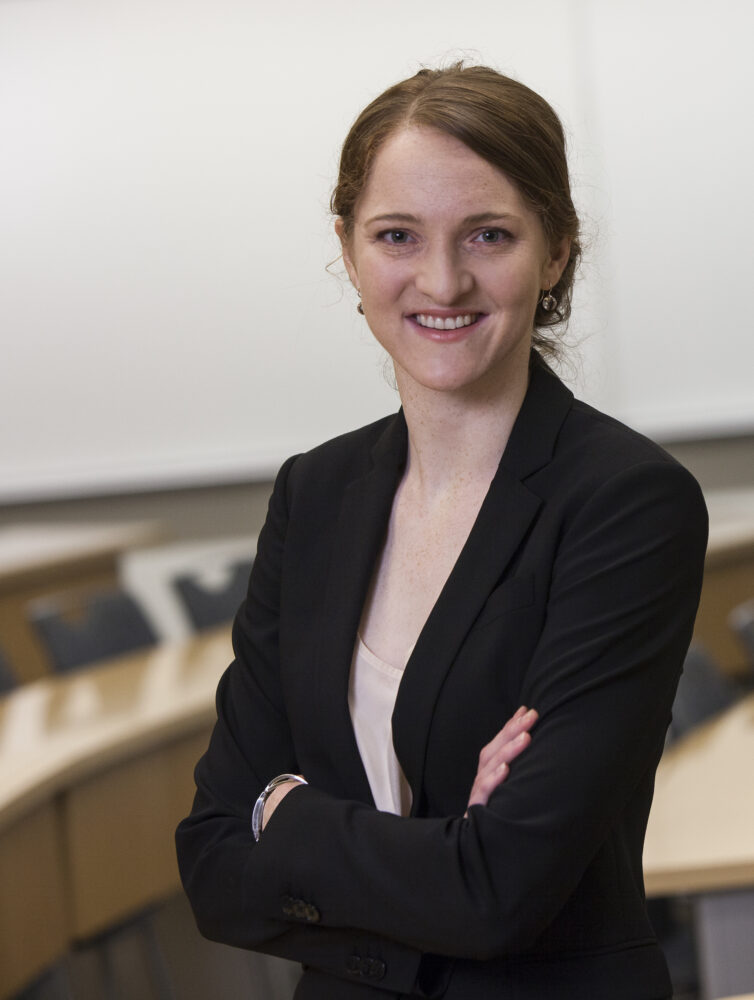Theresa Kuchler is an Associate Professor of Finance at Stern School of Business, NYU. She will be talking about the two following papers:
Social capital I: measurement and associations with economic mobility
Social capital—the strength of an individual’s social network and community—has been identified as a potential determinant of outcomes ranging from education to health. However, efforts to understand what types of social capital matter for these outcomes have been hindered by a lack of social network data. Here, in the first of a pair of papers, we use data on 21 billion friendships from Facebook to study social capital. We measure and analyze three types of social capital by ZIP (postal) code in the United States:
- (1) connectedness between different types of people, such as those with low versus high socioeconomic status (SES)
- (2) social cohesion, such as the extent of cliques in friendship networks
- (3) civic engagement, such as rates of volunteering
These measures vary substantially across areas, but are not highly correlated with each other. We demonstrate the importance of distinguishing these forms of social capital by analyzing their associations with economic mobility across areas. The share of high-SES friends among individuals with low SES—which we term economic connectedness—is among the strongest predictors of upward income mobility identified to date. Other social capital measures are not strongly associated with economic mobility. If children with low-SES parents were to grow up in counties with economic connectedness comparable to that of the average child with high-SES parents, their incomes in adulthood would increase by 20% on average. Differences in economic connectedness can explain well-known relationships between upward income mobility and racial segregation, poverty rates, and inequality. To support further research and policy interventions, we publicly release privacy-protected statistics on social capital by ZIP code at https://www.socialcapital.org.
Social capital II: determinants of economic connectedness
Low levels of social interaction across class lines have generated widespread concern and are associated with worse outcomes, such as lower rates of upward income mobility. Here we analyze the determinants of cross-class interaction using data from Facebook, building on the analysis in our companion paper. We show that about half of the social disconnection across socioeconomic lines—measured as the difference in the share of high-socioeconomic status (SES) friends between people with low and high SES—is explained by differences in exposure to people with high SES in groups such as schools and religious organizations. The other half is explained by friending bias—the tendency for people with low SES to befriend people with high SES at lower rates even conditional on exposure. Friending bias is shaped by the structure of the groups in which people interact. For example, friending bias is higher in larger and more diverse groups and lower in religious organizations than in schools and workplaces. Distinguishing exposure from friending bias is helpful for identifying interventions to increase cross-SES friendships (economic connectedness). Using fluctuations in the share of students with high SES across high school cohorts, we show that increases in high-SES exposure lead low-SES people to form more friendships with high-SES people in schools that exhibit low levels of friending bias. Thus, socioeconomic integration can increase economic connectedness in communities in which friending bias is low. By contrast, when friending bias is high, increasing cross-SES interactions among existing members may be necessary to increase economic connectedness. To support such efforts, we release privacy-protected statistics on economic connectedness, exposure and friending bias for each ZIP (postal) code, high school and college in the United States at https://www.socialcapital.org.
This talk is part of the Digital Seminar, a D^3 Assembly series that is open to faculty, doctoral students, and academic researchers.
Email us at d3ln@hbs.edu for information on attending this seminar.
